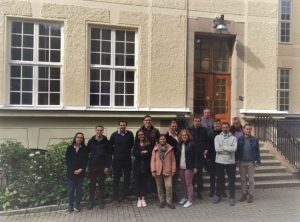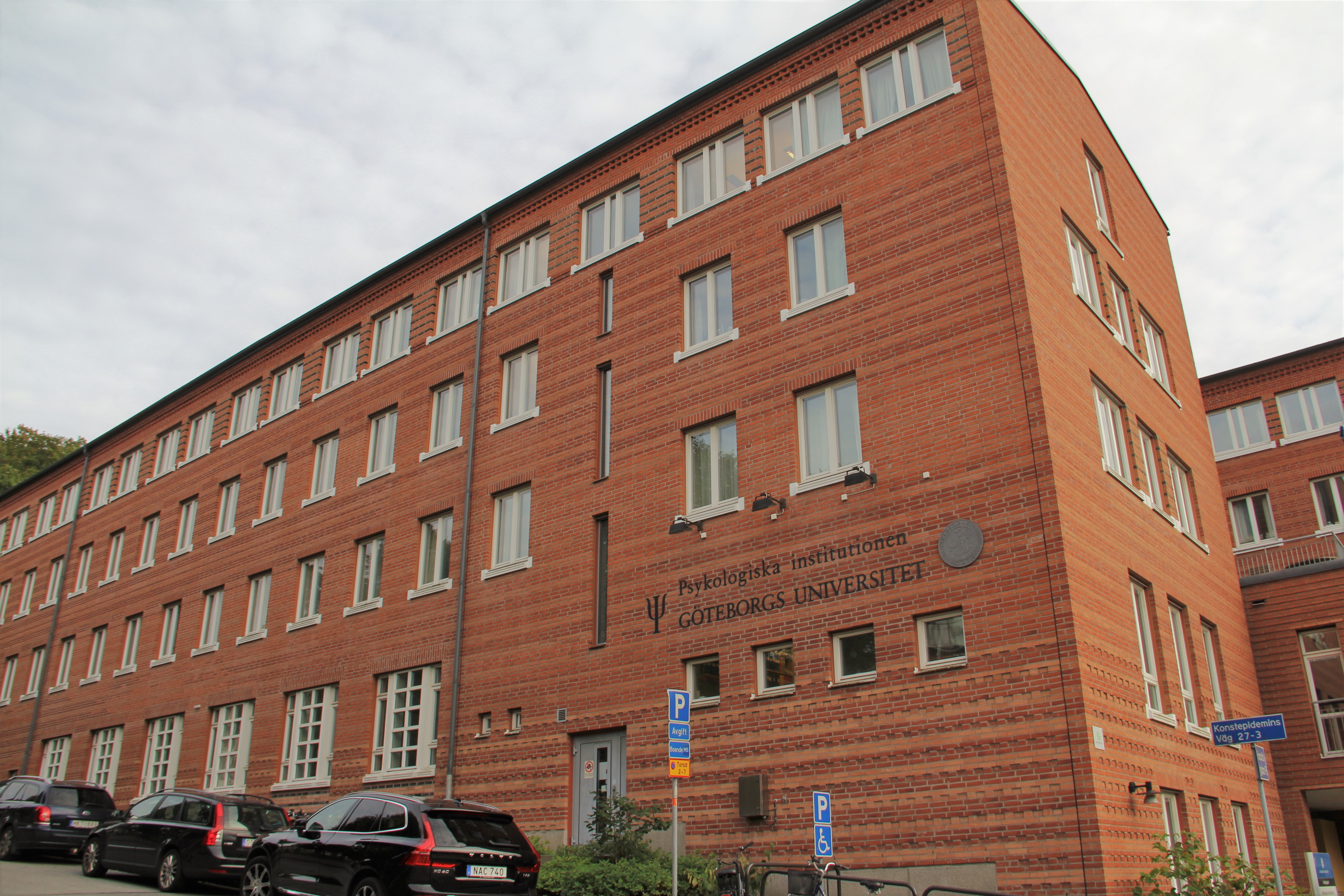The third STARS project meeting took place in Gothenburg (Sweden) from 17-18 September. After nearly one year, partners met and shared results of the research activities carried out on car sharing in Europe. Peter Wells, Professor of Business and Sustainability at the Cardiff Business School, presented the first results on the perspectives of car sharing for the automotive industry. “Even if car sharing represents a small proportion of the automotive market, the context is moving along with cities facing congestion and air quality issues,” explained Peter. “Nevertheless, nobody really knows when the change will happen and how it will impact the existing industry.”
Cecilia Bergstad, Associate Professor in Psychology at the University of Gothenburg, gave a short presentation on the results of the online survey conducted to investigate the influence of socioeconomic factors in the diffusion of car sharing. With her team, she developed a theoretical model to predict behavioural intentions to the use of car sharing.
Gunnar Nehrke, President of the German Carsharing association BCS, gave the main typologies of car sharing users. Partners discussed also the content and the way to design the policy brief that will be produced before the 2019 European elections. The first results of STARS are available here.

The STARS partners meeting at the University of Psychology of Gothenburg.
Coordinated by Marco Diana, Associate Professor at Politecnico di Torino (Italy), STARS gather 9 partners: three universities, one car sharing platform, one car sharing industry association, one car manufacturer, one European city, one international organisation specialised in the implementation of sustainable development at the local level, and one SME.
Funded by the European Commission and standing for “Shared mobility opporTunities And challenges foR European citieS”, STARS will bring together experts from the transport engineering, environmental psychology, and industrial economics fields.
During 30 months, STARS partners will adopt a co-modality approach, considering the real effects of car sharing on other travel modes, the (new) travel demand, and the mobility needs of European citizens. The new aspect of STARS lies in the studies on the implications and impacts of car sharing, rather than on the implementation of the system itself, as it has been done before.
Comments are closed.





